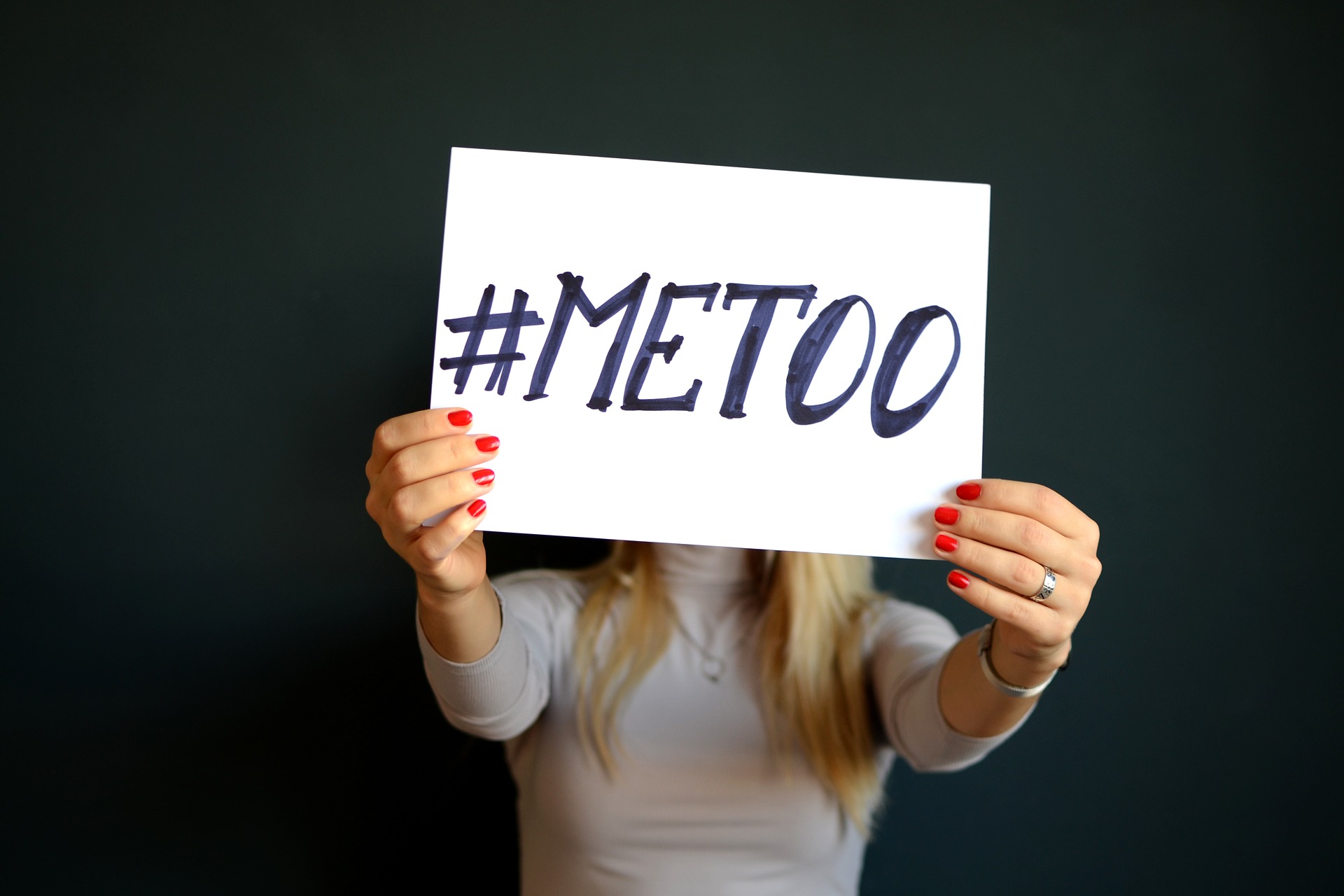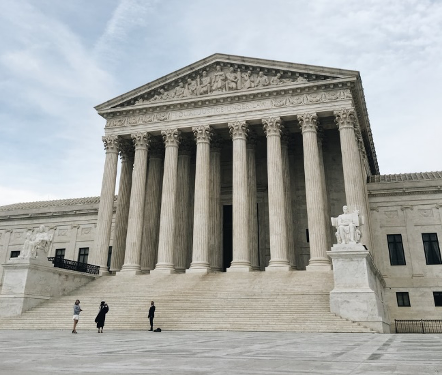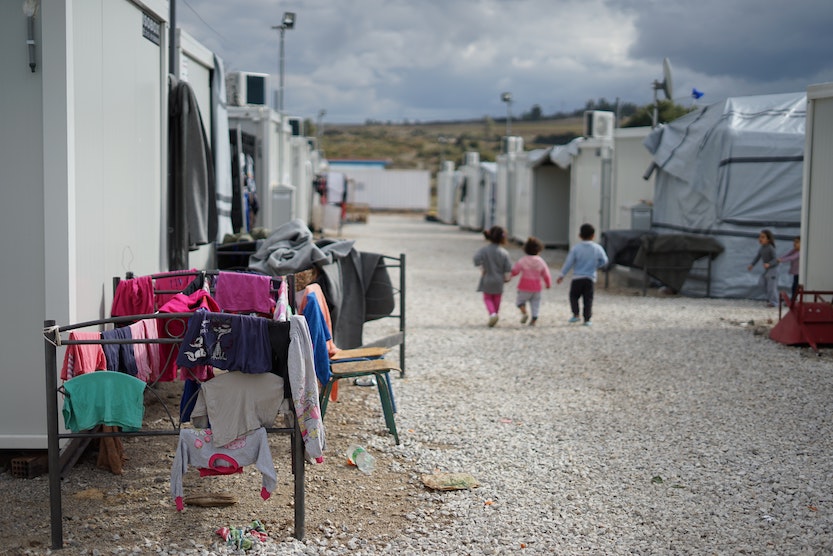Danai Nikolakopoulou
When discussing the Me Too movement, one’s mind more often than not goes to the Harvey Weinstein case or to the Twitter post of actress Alyssa Milano, which suggested that all women who have been sexually harassed or assaulted use the #MeToo . Fewer people are aware of the fact that Tarana Burke had given that same name to her movement aimed at helping victims of sexual abuse over a decade ago, in 2006 . If we can understand that the origins of the movement may not be where we had mentally placed them, then it may be easier to accept that neither is its ending. In Greece, the first month of 2021 made everyone aware of this fact: sexual abusers should not rest assured that the 2017 movement left them unharmed. MeToo lit a fire that is still burning and it seems that the passing of time may not only result in forgetting but also in revealing the other side of the same coin: processing the trauma in order to be able to openly talk about the events that caused it.
On January 14th, Greek Olympic athlete Sofia Bekatorou reports her sexual assault by a senior official of the Greek Sailing Federation, 23 years prior . On the 26th, actress Zeta Douka talks openly about the physical and psychological abuse she experienced during her collaboration with a reknown actor and director in 2008. A number of such revelations later, we reach the case that this article will focus on: the one concerning actor and director Petros Philippides. On February 1st, Philippides sends to the Greek Media an extrajudicial document forbidding them from mentioning his name concerning incidents that have not yet been reported to the authorities. On February 4th, news websites announce his hospitalization with signs of having experienced a stroke. The next day, three actresses report to the Greek Actors Association various incidents in which the actor is implicated, ranging from urination in an actress’s dressing room sink to touching his genitalia during another one’s audition. On February 8th, the Hellenic Broadcasting Corporation states that Philippides will no longer be part of the tv series in which he starred.
On a first reading of the events, no one can deny the indisputable benefits that the movement and the public expression of the victims’ experience have. From a legal viewpoint, the freedom of expression of each citizen and the protection of the dissemination of information through the press are established both in Article 14§ 1 and 2 of the Greek Constitution and in Article 10 §1 and 2 of the ECHR. However, sometimes, the exercise of these rights infringes other fundamental rights, such as -in the present case- the right to respect the personal life and reputation of another person i.e. the alleged offender. Therefore, anyone that is observing the facts –plus the ECtHR- is led to the effort of making a fair balancing of these opposing and equally significant rights. One can use many criteria to actually formulate a comprehensive view of the limits which they will -or will not- set in the freedom of expression and the reproduction of information by the journalist. The way that the information is reproduced also plays an important role, as, for example, the degree of certainty that the journalist appears to have regarding the commission of the punishable offence influences the public opinion .
Weighting the extent that the aforementioned rights should be protected, especially when conversing on the MeToo movement as women, often feels like playing the good cop/bad cop game. That is because the part of our identity that cannot but sympathize with the women that spoke up for their abuse often collides with our legal education. In order to explain this, let us start by acting as the bad cop: what is the role of Justice when a criminal offence does not take the legal route but is, instead, brought in front of the public to judge? It is true that pluralism, expressed in part through the freedom of speech, is a central pillar of democracy. At the same time, though, democratic societies have entrusted the justice system with the power to ascribe a sentence due to the commission of an offence. What happens when public opinion becomes a judge whο, unsubjected to the democratic checks and balances, decides for the future of an individual? This has been the case with Philippides so far: given the importance of an actor’s popularity for his employment, this public defamation has already sentenced him to unemployment for the foreseeable future. Furthermore, if one thinks in terms of ‘Justice is blind’, one should also consider what will happen, in case the accusations prove false. Can someone actually come back from public defamation? During the procedure in front of a court both sides are heard and the accused has a fair chance of walking out with his name and personality more or less intact. If the societal goal is for justice to be served, should we not leave it to the institution with the better means to avoid an error in judgment to decide? All in all – and with this we shed the bad cop role- is the justice system not the best tool that we have?
Truth is that there are many apprehensions and all these questions and doubts can definitely cross the mind of everyone who considers the facts. However, the whole “MeToo” Movement, as any other big movement, has an end-all aim which is to “start a wave” in order to change the status quo. Starting backwards, we would like to mention all the individual benefits that the massive confessions have, both regarding the victims themselves and the perpetrators. First and foremost, it is important for the victim to finally express how they felt and share their traumatic experience with their families, friends and general public; helping at the same time other victims who have similar experiences, with either the same person or not, to dig up the courage and speak up in public or to address the responsible prosecutor. As regards to abuser’s attitude, hearing the confession may contribute to his correctional process and will definitely discourage him -and others who have acted the same- of repeating their crimes in the future considering the public vilification and the brickbat from the people that used to cheer for them.
Without connoting that the significance of the questions we raised above is lessened, we believe that, as an epilogue, we must focus on the bigger picture of what is happening in Greece at this moment. It is a fact that it is quite complicated for justice to be administered concerning sexual crimes, either because it is difficult for the victims to speak up without having any other proof than their own word or because the legislation and the judgments are not effective and protective enough. The whole movement and the media circus that surrounds it right now persuade more and more women to add their personal life experience about popular people that were previously untouchable. This, we believe, could be capable of a big change of scene by causing a significant legal and institutional reform of the existing framework, shaping better conditions for women and giving them the chance to escape their abusers and claim their rights in Court, instead of forcing them to seek justice and understanding in the media and the general public.
Until the change arrives, we stand together with every woman who decides to raise her voice and we only choose to silence the voice of people who ask ‘Why now?’. Because neither the law nor society should rush to put a time limit, when the issue at stake concerns the systemically oppressed.








